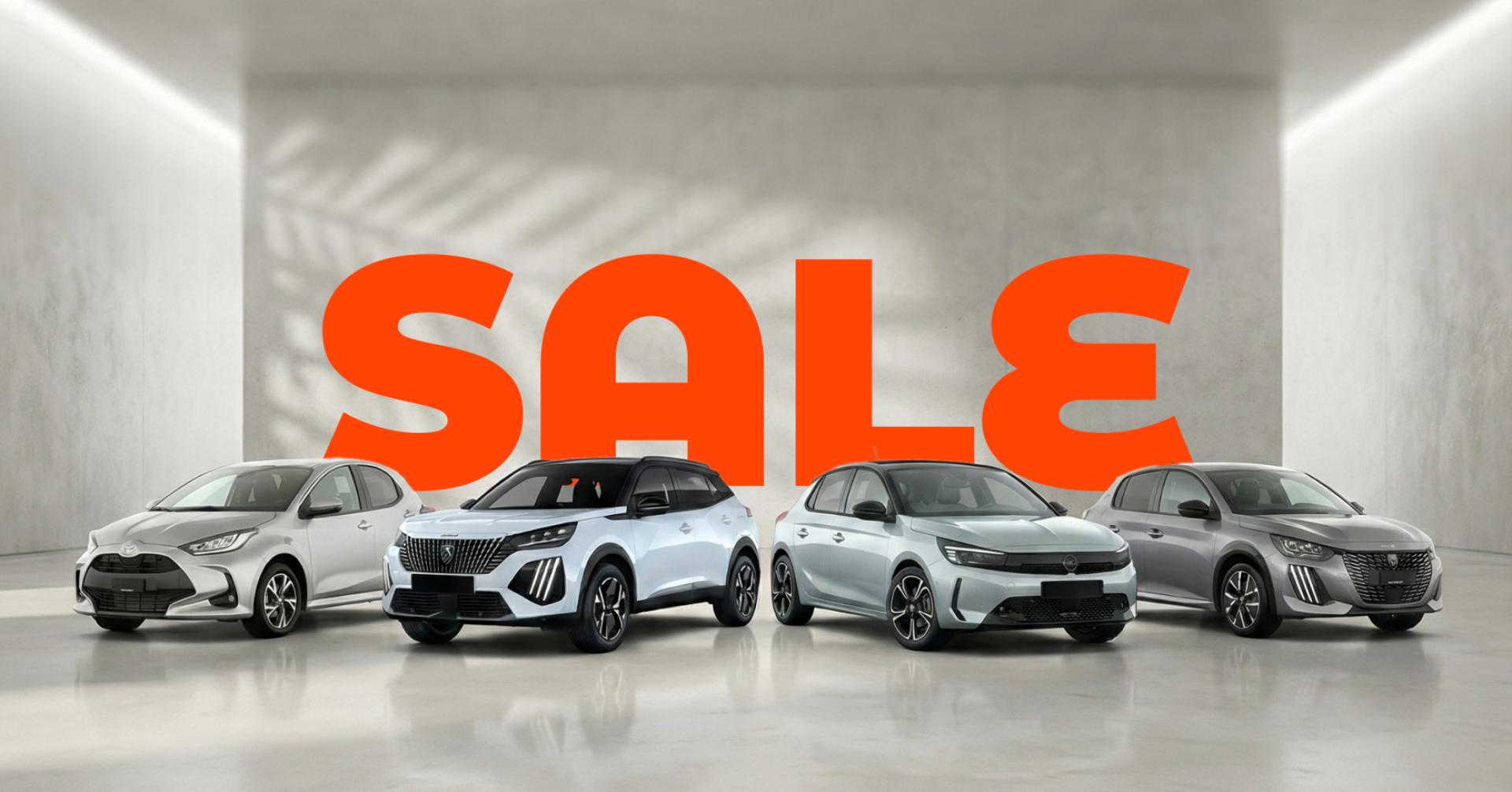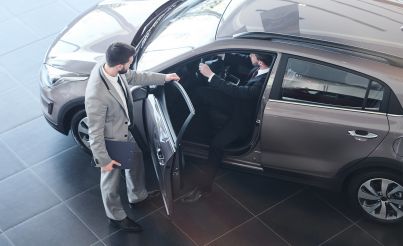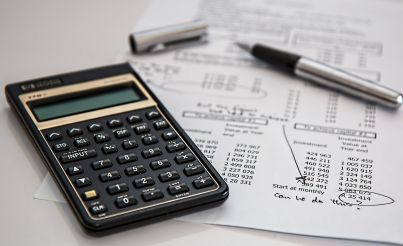Deciding on a new car involves many considerations. In addition to the classic purchase, flexible alternatives such as leasing and car subscriptions are becoming increasingly popular. But which option best suits your needs? In this article, we look at the pros and cons of buying, financing, leasing and car subscriptions to help you decide.
Car purchase - total freedom, but at what price?
There are a number of things to consider when buying a car. Probably the most obvious consideration is the large initial investment - the purchase price. Used or new, buying a car is expensive. Financially, it usually only pays off after a lifespan of around 6–8 years, as the depreciation is particularly high in the first few years - on average 50% in the first three years.
However, one clear advantage is that the car is yours. You have the freedom to customise your car as you wish, with no restrictions. There are no kilometre limits, you can travel abroad or take your pets with you. You can also choose from a wide range of new and used cars. A new car offers you the latest technology and equipment, while a used car is often cheaper and has already lost most of its value.
However, it is not just the purchase price that should be taken into account, as there are additional costs for insurance, cantonal redemption, taxes, tyres, service and maintenance. These and other running costs can quickly add up to several hundred francs a month and are often underestimated as they are spread over the year. The depreciation and resale risk should also not be overlooked. If you want to sell your car at a later date, it can be very difficult and costly.
Financing - a debt trap for car buyers?
Financing offers you the opportunity to drive your dream car without having to pay the full amount immediately. You receive a loan from a bank or financial institution, which you pay back in instalments regardless of the car you buy. This is not about paying off the car itself, but about repaying a loan that you used to buy the car.
The big advantage is that, as with buying a car, there are no kilometre or term restrictions. As the owner of the vehicle, you are also free to choose your own insurance and garage for repairs. The interest on your loan can also be deducted from your tax bill, as it counts as interest on debt.
However, there are some serious disadvantages to consider. The biggest disadvantage is that if you have a poor credit rating, you may not be able to get a loan at all, or only at a very high interest rate. Of course, the cost of interest is always a disadvantage, regardless of the amount. As the owner of the vehicle, you also bear the risk of reselling it. The resale value of the car may be lower than expected, especially if the market is saturated or the model is no longer in demand
Leasing - high costs despite low instalments
Leasing is basically a long-term rental where you pay for the use of the car while the vehicle remains the property of the leasing company. The advantage of leasing is that you can drive a new car regularly and the monthly payments mean you don't have to pay the full purchase price straight away.
This is particularly interesting for those who want to keep up with the latest technology and comfort. At the end of the leasing contract, you can simply return the car without having to worry about reselling it and risking a loss in value.
Nevertheless, there are significant disadvantages to leasing. While the monthly leasing payment covers the cost of finance and the use of the car, you have to pay for the additional costs of compulsory comprehensive insurance, tax, registration and the right tyres. Service and repairs are also at your expense. You must also adhere to the kilometre limit, as exceeding this will result in high additional costs.
For more detailed information on leasing and its advantages and disadvantages, please visit our leasing overview page or our leasing vs. financing comparison.
Car subscription - The hassle-free and affordable solution
Car subscription is the flexible and hassle-free alternative to buying or leasing a car. You benefit from a monthly fixed price for the car, which includes the cost of insurance, registration and taxes, tyre changes, service and maintenance. This gives you full cost transparency and planning security.
The car subscription is also much more flexible than leasing. You can choose between a minimum term between 3 months and 4 years and decide for yourself whether you want to change your car every 18-24 months or even more frequently, or benefit from even more favourable prices with a longer term.
When it comes to costs, with Carvolution you also benefit from the certainty that you will never pay more than for a lease thanks to the best price guarantee. In our individual cost comparison, you can easily compare the cost of a car subscription with a leasing offer. If the total leasing cost of the offer is lower, we will adjust our price for you. A car subscription is also a good alternative to buying a used car.
With a selection of around 50 models from a range of brands, from small cars and SUVs to sports cars, there is something to suit all tastes.
Conclusion: the mobility solution that suits you
Ultimately, the choice between buying, financing, leasing and car subscription depends very much on your individual needs and circumstances. While buying or financing a car gives you full ownership and the freedom that comes with it, it also comes with significant upfront costs and responsibility for maintenance and depreciation.
Leasing is a cost-effective way to drive new cars on a regular basis, but it ties you down to fixed terms and kilometre packages and carries additional costs. The All-in-One car subscription, on the other hand, is a modern, flexible alternative that allows you to enjoy the benefits of a new car without the long-term commitment and financial risks.
If you are interested in a car subscription, you are welcome to browse our wide range of cars or contact the Carvolution team for a non-binding consultation.
Sale
Benefit from attractive discounts on selected vehicles. Everything is included in the subscription, and a buyout is possible at the end!










